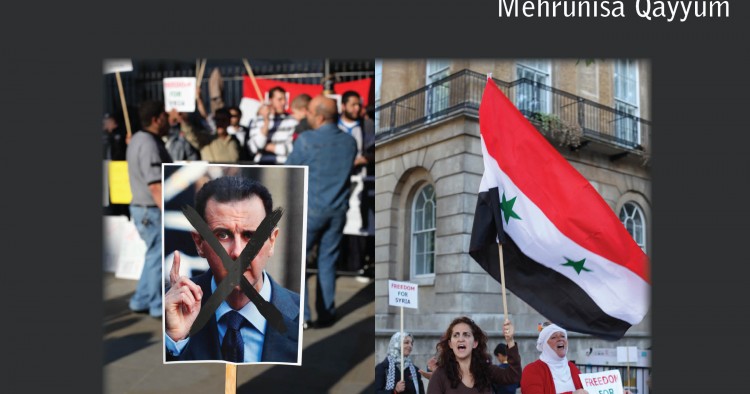The Syrian government under both Hafiz and Bashar al-Asad has long pursued a strategy of intimidation and violence against political dissidents, while imposing legal and security structures that inhibit the growth of civil society. The resulting profound vacuum of civil society has made organizing for political change, both inside and outside of Syria, extremely difficult. Furthermore, this overall strategy of intimidation has led to “brain drain” as large numbers of highly educated Syrians flee to other countries. A recent report on disappearances in Syria, compiled by the Transitional Justice in the Arab World Project, specifically omitted the names of interviewees and altered personal backgrounds to avoid identification of sources. This Policy Brief builds on these themes, and presents a summary of interviews conducted by the author in which interviewees provided their real names as a conscious act of defiance of intimidation.
The Middle East Institute (MEI) is an independent, non-partisan, non-for-profit, educational organization. It does not engage in advocacy and its scholars’ opinions are their own. MEI welcomes financial donations, but retains sole editorial control over its work and its publications reflect only the authors’ views. For a listing of MEI donors, please click here.













